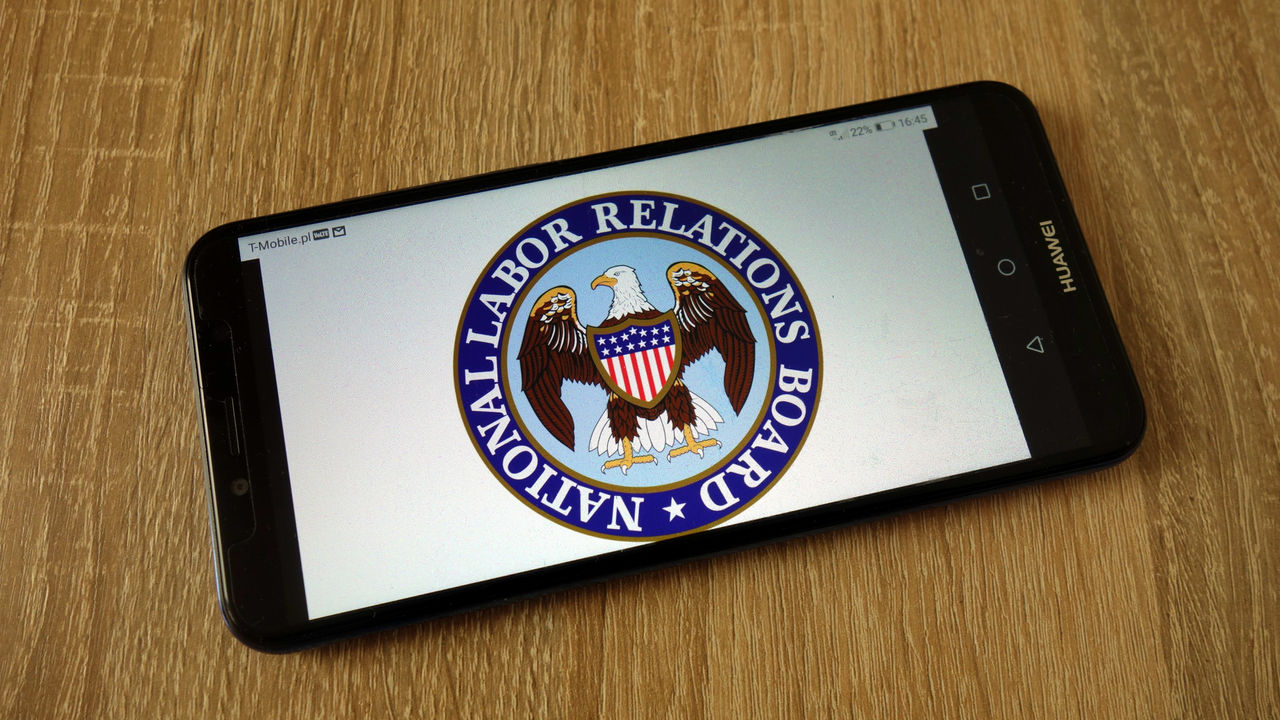The National Labor Relations Board (NLRB) announced Jan. 18 that it is considering adopting a new legal standard for whether confidentiality requirements, known informally as "gag orders," in mandatory arbitration agreements violate the National Labor Relations Act (NLRA). We've gathered articles on the news from SHRM Online and other outlets.
Briefs Invited
In Ralphs Grocery Co., the NLRB invited briefs on this issue by March 21. The board asked whether the arbitration policy in this case interferes with employees' right to file board charges or otherwise access board processes. The NLRB also asked, in the event that the Federal Arbitration Act does not prevent the board from reviewing arbitration-related confidentiality requirements under the NLRA, what standard the board should apply to determine whether such requirements are legal.
(NLRB)
Possible Effect on Arbitration Contracts
The case could allow the NLRB to make mandatory arbitration contracts more worker-friendly by outlawing confidentiality requirements and boosting employee protections against losing access to administrative agencies.
Trump-Era Decision
In 2020, the NLRB ruled in California Commerce Club that employers that require employees to arbitrate work-related disputes can mandate that those workers keep silent about the proceedings. Carefully worded clauses to this effect were determined to be lawful if they were separate from workplace rules, according to the ruling. The board is now considering overturning this decision.
Standard for Workplace Policies Is Under Review
The NLRB also is considering replacing a standard that made it easier to defend workplace policies. In Stericycle Inc., the board is determining whether it should adopt a new legal standard to determine whether employer work rules violate the NLRA.
NLRB Considers Definition of Independent Contractor
In addition, the NLRB has announced that it may replace the existing standard for who is an independent contractor, inviting briefs on the considered change to be filed by Feb. 10.
Was this resource helpful?




